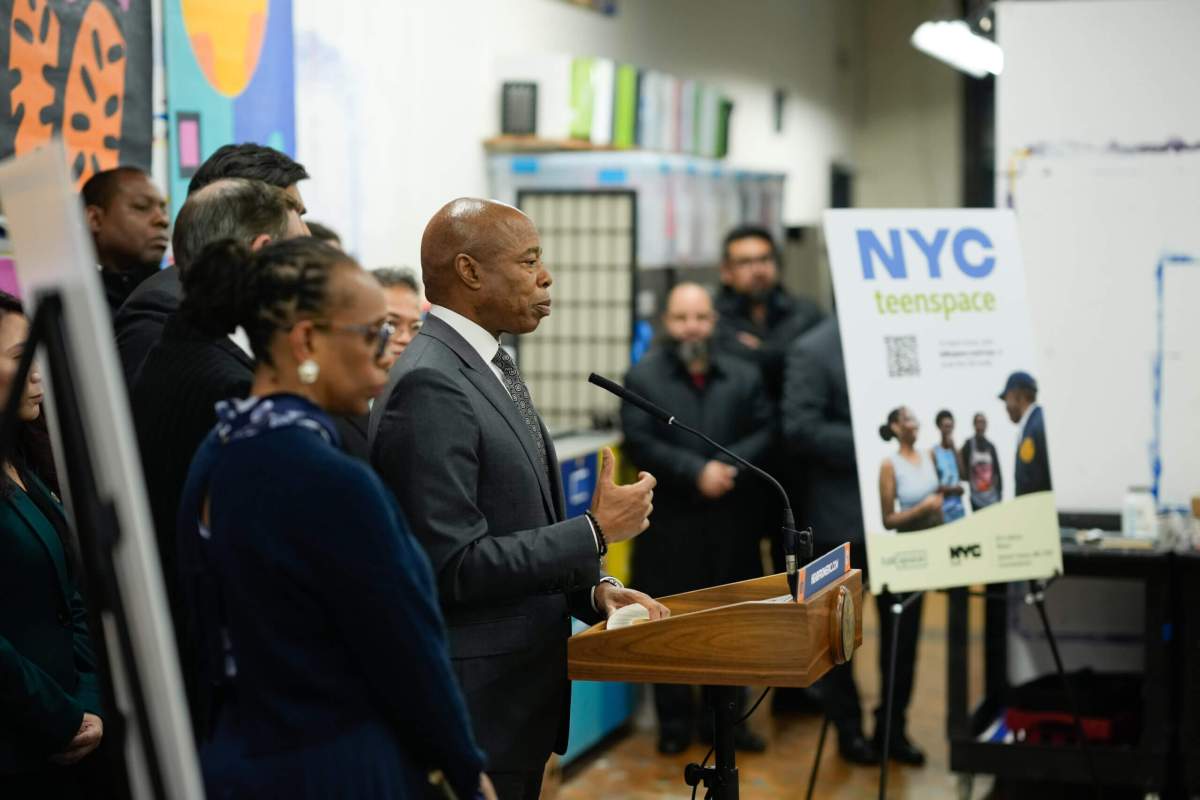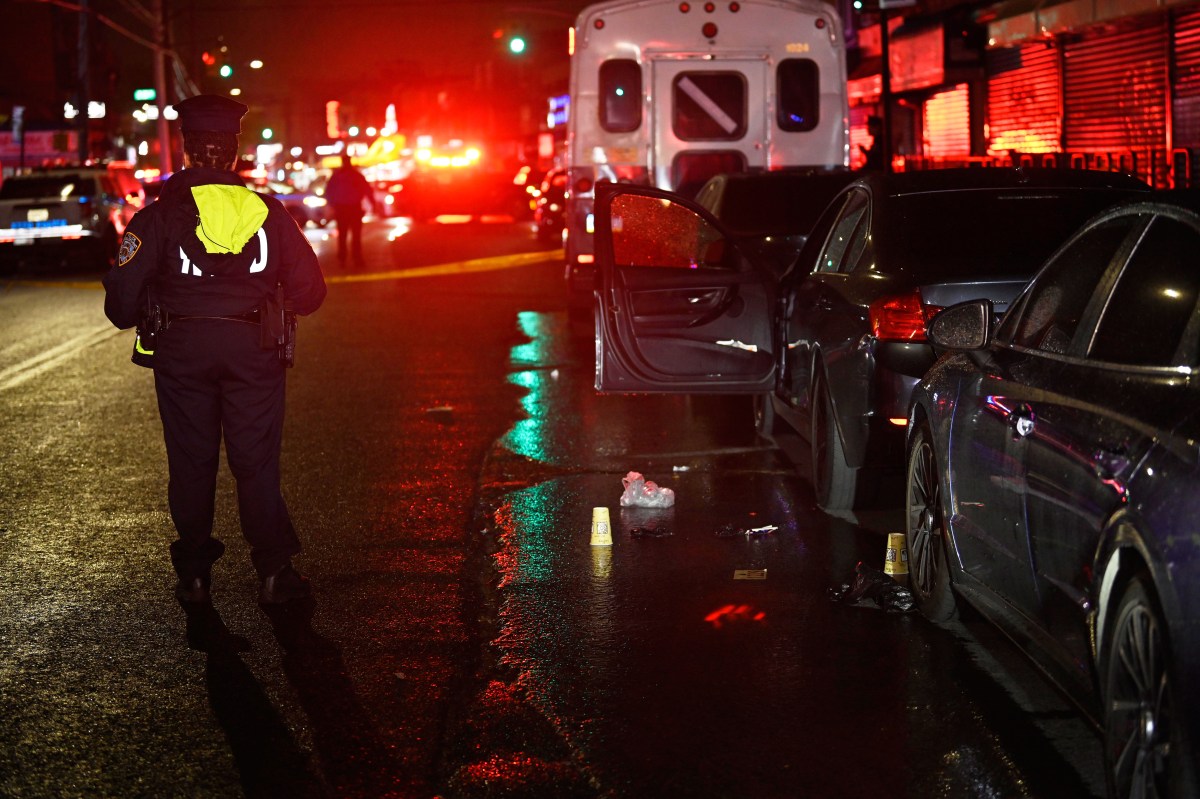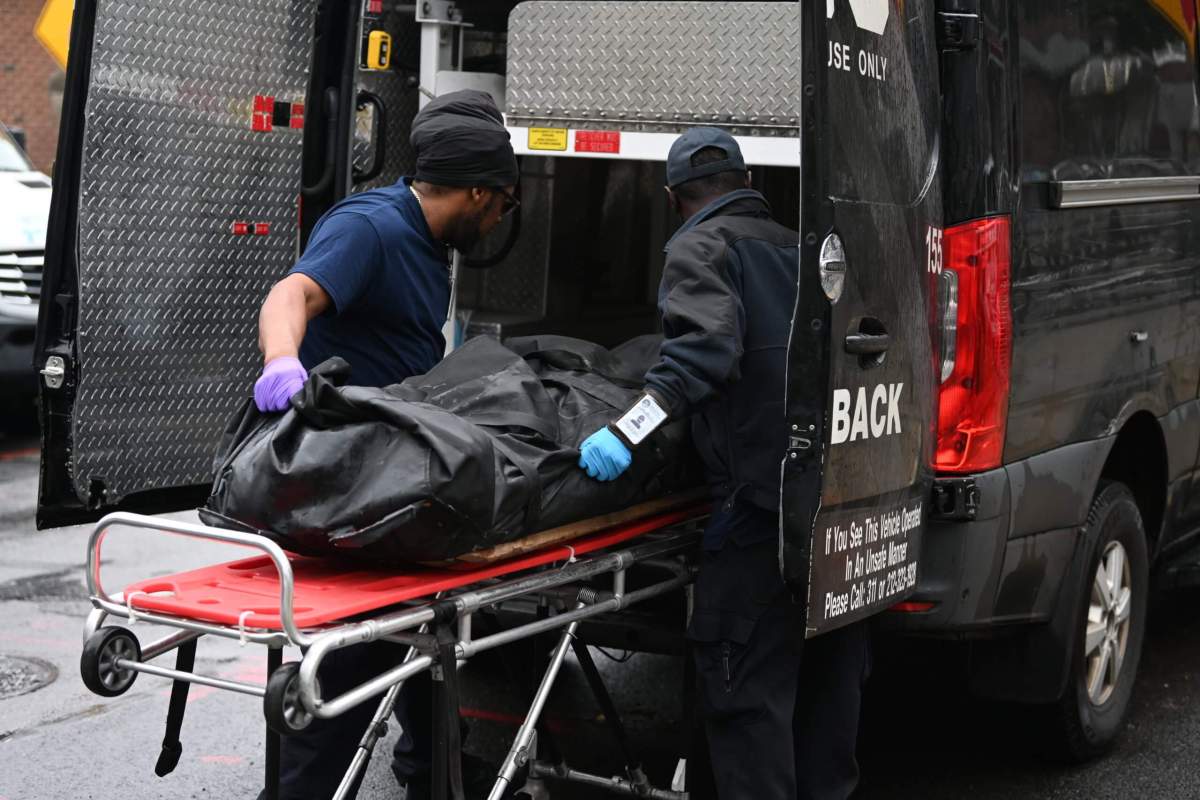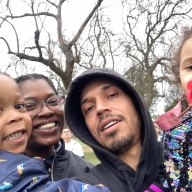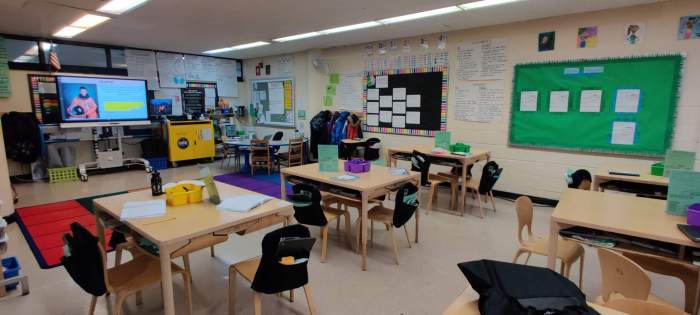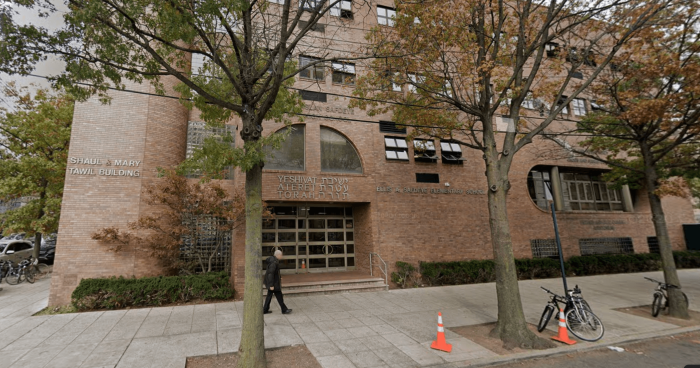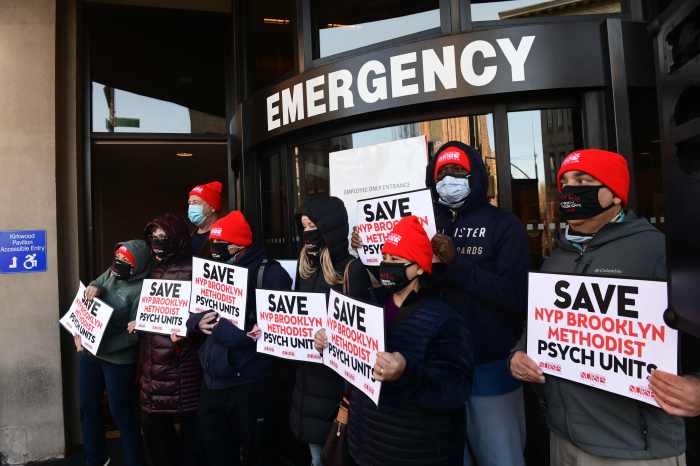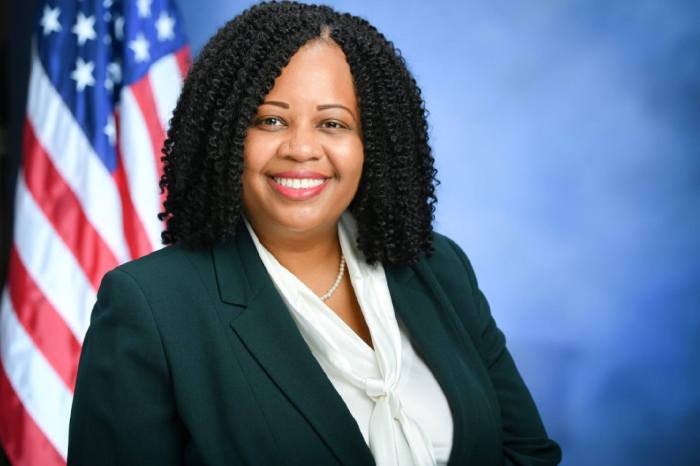New York City has created a new health initiative intended to help young students connect with mental health professionals in an accessible way.
Starting Wednesday, all New York City youth ages 13 to 17 will be able to connect via phone, text or video call for free with a licensed therapist through the city’s new online mental health service, TeenSpace, Mayor Eric Adams announced on Wednesday alongside the city’s Department of Health and Mental Hygiene.
The new service is part of the Adams administrations’ “Working People’s Agenda” and “Care, Community, Action,” initiatives.
Eligible teens who are struggling with their mental health need will be able to register with TeenSpace, where they will then take online assessments and educational exercises to determine what services they may require.
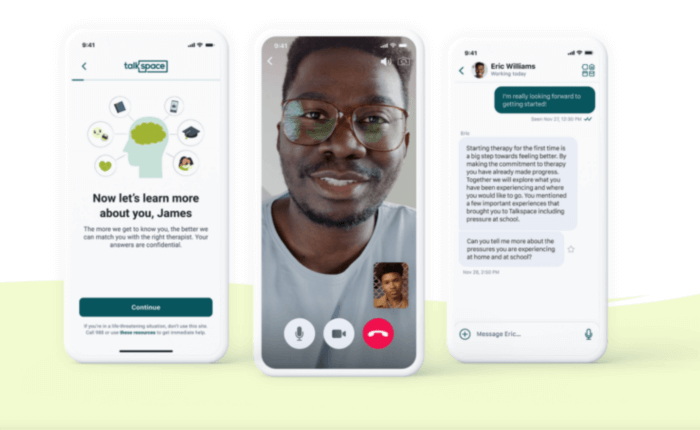
If the teen decides to proceed with therapy, they’ll need to enter a parent or guardian’s information in to TeenSpace so as to obtain consent from the guardian before being paired with an experienced and licensed counselor, whom they can message through the app any time. Additionally, users will have the ability to schedule once-a-month 30 minute live virtual sessions with their therapist.
However, if it is determined that the child will need more extensive and regular mental health care, they will have to be referred to a therapist or specialist outside of TeenSpace, which can be difficult.
Young people continue to experience more difficulties with their mental health, in particular Black and Brown children and those who are part of the LGBTQ+ community. The COVID-19 pandemic compounded those difficulties for many New Yorkers.
While TeenSpace will not be able to fulfill all the myriad mental health needs of the city’s youth, Adams and other health leaders hope that the service will start the dialogue of support for young people while also referring them to more help if needed.
“This service will introduce young people into the value of mental health support and [in] many of our communities of color it is often looked down upon, unfortunately, when someone states they need mental health support,” Adams said when announcing the service on Wednesday at Groundswell. “An amazing, amazing way for us to deal directly with young people so they can feel comfortable. In our day, it was always a joke about you lay on the couch of a psychiatrist and talk to them. Well, their cell phones, their iPhones, their Samsungs and their other devices, their use of the internet; that is the modern day couch on who they communicate to their therapist.”
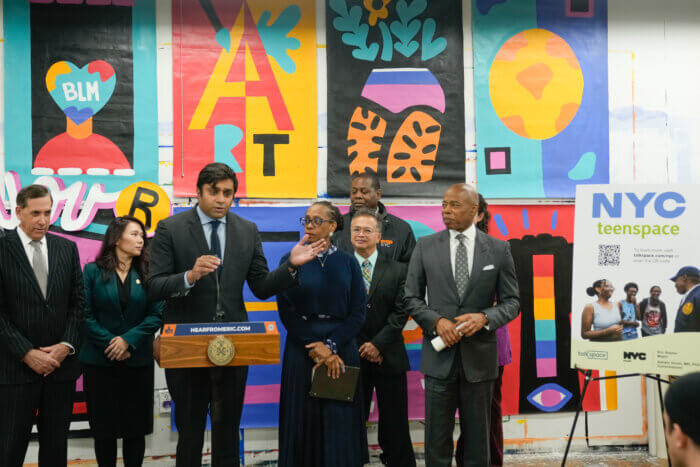
Health department commish Dr. Ashwin Vasan was also at Wednesday’s press conference, and spoke to the worrying levels of depression and anxiety that young people are experiencing.
“There are few issues more important than the health of our children, and study after study has reinforced what we have been seeing — the mental health of our young people is on a clear downward trajectory,” said Vasan. “‘TeenSpace will provide our city’s teens with a tangible resource to support their mental health and wellbeing and reduce barriers to accessing care — helping teens take greater control of their mental journey on their own terms. Supporting healthy minds from a young age will lay a foundation for the future of a healthier New York City.”
According to DOH data, in 2021, 38% of high school students in New York City reported intense feelings of sadness or hopelessness “almost every day for at least two weeks,” and Black and Latino students were more likely to report those feelings. The same year, more than 9% of students said they had attempted suicide over the past 12 months.
Other city leaders applauded the new initiative and service, emphasizing how important accessibility to mental health care for the city’s children is today.
“Across New York City in recent years, approximately 40 percent of Latino and Black young people and 30 percent of white young people reported experiencing anxiety, depression, or an associated condition,” said Deputy Mayor for Health and Human Services Anne Williams-Isom. “Nationally, we have witnessed these numbers climb even higher. That’s why today’s announcement is so important — it puts access to mental health support right in the hands of our young people. They can use their smartphone or other devices to connect with a practitioner in a time and space that works for them.”


